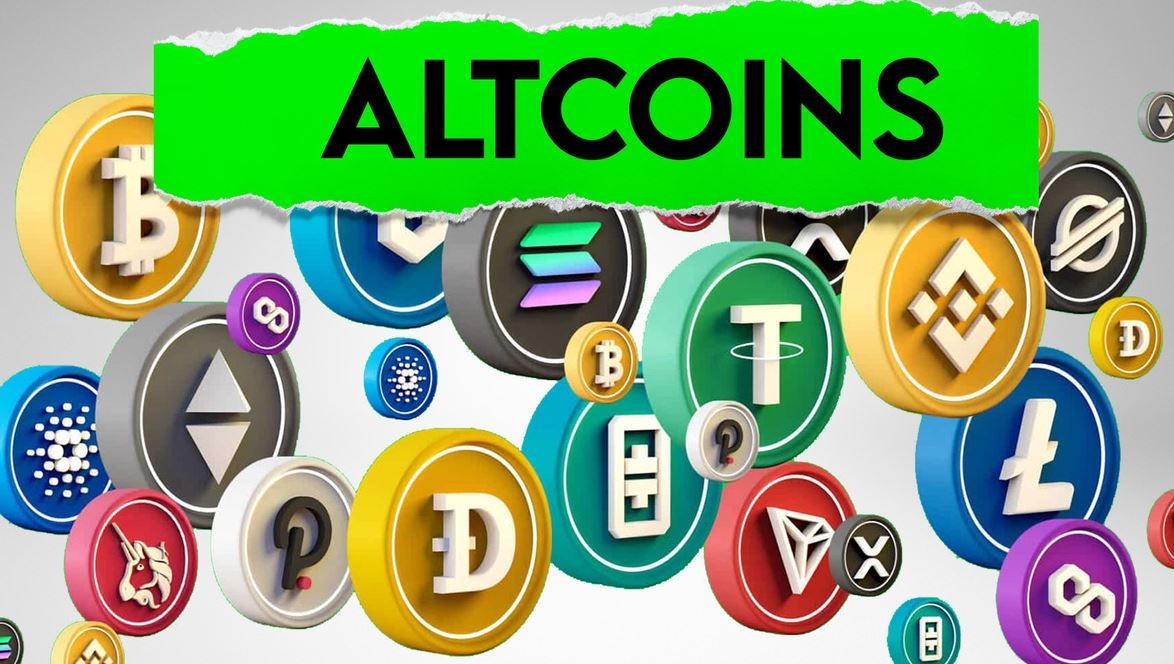
The market for cryptocurrencies is expanding quickly, with Bitcoin emerging as the most well-known and commonly used digital currency.
The term “altcoin” refers to a wide range of substitute cryptocurrencies that go beyond what Bitcoin can offer in terms of special features and functionality.
We will look at the development of altcoins, their benefits and drawbacks, and their potential to challenge Bitcoin in the future in this post.
Read on to find out more about the world of altcoins, whether you’re a fervent cryptocurrency investor or you’re just intrigued about this new technology.
You can visit Immediate Circuit App for more information.
The Rise of Altcoins
In recent years, altcoins have gained popularity as more and more investors search outside of Bitcoin for investment prospects in the cryptocurrency market.
The most well-known alternative coins are Bitcoin Cash, Litecoin, Ripple, and Ethereum.
For instance, Ethereum, the second-largest cryptocurrency by market capitalization, is renowned for its capacity to run decentralized applications (dapps) and smart contracts.
On the other hand, Litecoin is a well-liked option for little transactions because it provides quicker transaction speeds and lower fees than Bitcoin.
Altcoins still have a long way to go before they can compete with Bitcoin’s market domination, despite their rising popularity.
The largest altcoin, Ethereum, has a market cap of about $400 billion, whereas Bitcoin currently has a market cap of over $1 trillion.
Altcoins, on the other hand, are becoming more prevalent, and given their distinctive characteristics, it’s possible that they will surpass Bitcoin as the most popular cryptocurrency.
Advantages of Altcoins
The ability of cryptocurrencies to offer distinctive features and functionality that Bitcoin cannot is one of their key advantages.
For instance, several alternative currencies (altcoins), like Monero and Zcash, emphasize user privacy by adopting cutting-edge methods of encryption to keep transactions secret.
Others, like EOS and Cardano, are made to support the creation of decentralized applications, which may be applied to a variety of different things other than just financial transactions.
In addition, compared to Bitcoin, altcoins can provide quicker transaction speeds and reduced fees.
For instance, Litecoin is renowned for its lightning-fast transaction timings, processing transactions in under two and a half minutes as opposed to Bitcoin’s confirmation period of ten minutes.
Similar to how Bitcoin, which enables quicker and less expensive transactions, Bitcoin Cash was developed to address some of the scaling difficulties of Bitcoin.
Additionally, altcoins have a wide range of applications besides serving as a store of wealth.
For instance, the cryptocurrency Chainlink is useful for companies that depend on real-time data since it facilitates secure, decentralized data transfer between blockchain networks and outside sources.
Challenges Faced by Altcoins
Altcoins confront difficulties include fierce market rivalry, a lack of widespread adoption, security issues, and scams that have tarnished the name of the sector.
These difficulties could restrict altcoin adoption and growth, making it impossible for them to compete with bitcoin’s market dominance.
It remains to be seen if many altcoins will be able to overcome these obstacles and establish themselves as serious competitors to Bitcoin in the future, although many of them are constantly innovating and making improvements.
Altcoins as a Potential Rival to Bitcoin
Due to their distinctive features and possible use cases, altcoins have the potential to threaten Bitcoin’s dominance as the most popular cryptocurrency.
A few examples of altcoins that provide value beyond Bitcoin include Ethereum’s smart contract functionality and Ripple’s emphasis on cross-border payments.
Altcoins still need to overcome obstacles like fierce competition and slow mainstream adoption.
Altcoins could nonetheless become a serious threat to Bitcoin as the cryptocurrency market develops.
Conclusion
In conclusion, altcoins have emerged as an interesting alternative to Bitcoin, offering unique features and use cases that Bitcoin cannot provide.
However, altcoins face significant challenges that limit their growth and adoption, such as intense competition within the market, lack of mainstream adoption, and security concerns and scams.
Despite these challenges, many altcoins continue to innovate and improve, and the potential for them to challenge Bitcoin’s market dominance remains.
As the crypto market continues to evolve and mature, it will be interesting to see how altcoins continue to compete and whether they will be able to overcome these challenges to become significant rivals to Bitcoin in the future.








